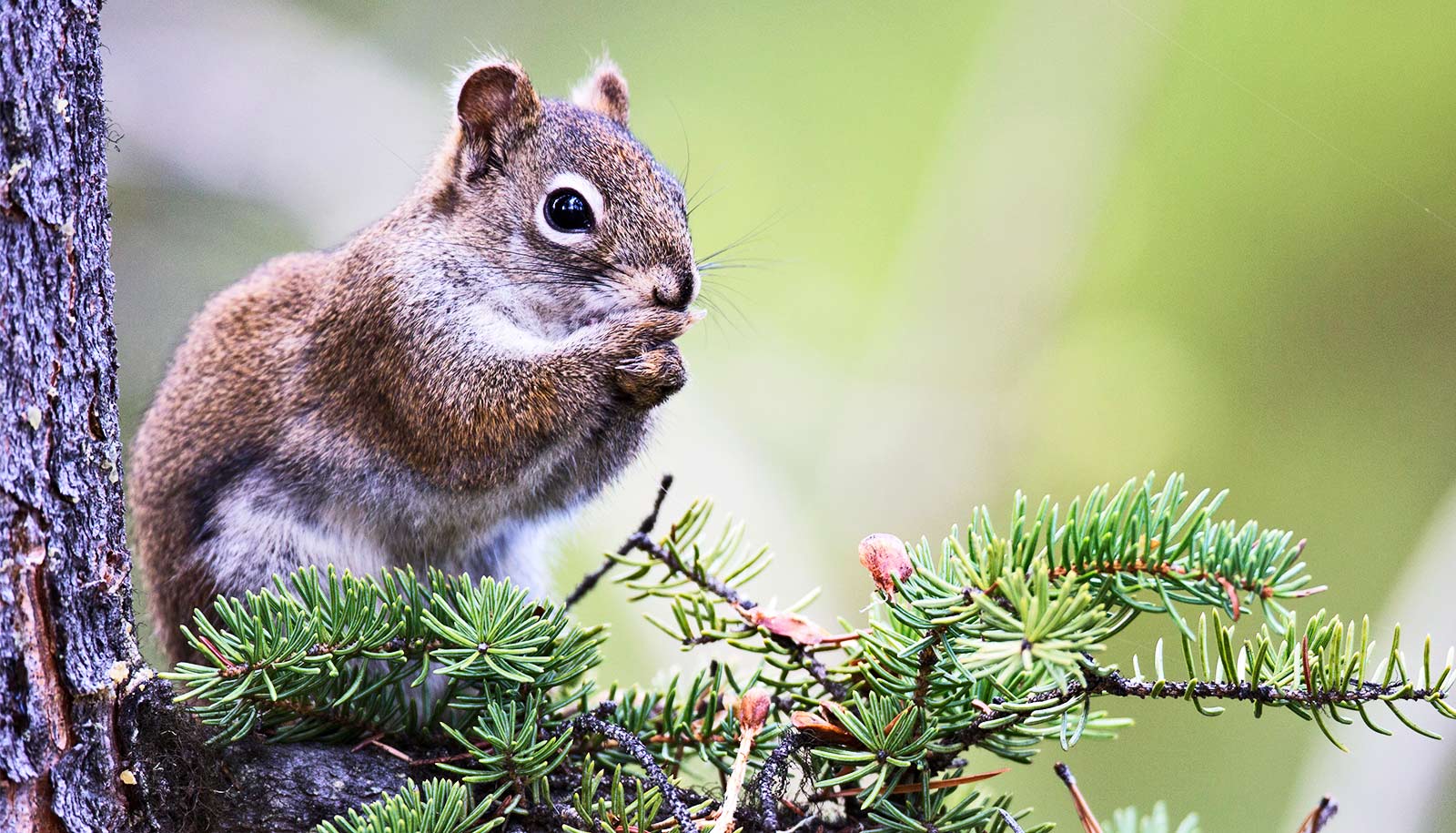Cybersecurity researchers spotlight a new ransomware threat – be careful where you upload files
Modern web browsers are increasingly becoming like virtual computers, able to send email and play music and videos. The downside is it’s a new way for hackers to get into your computer.
Selcuk Uluagac, Professor of Computing and Information Science, Florida International University
• conversation
yesterday • ~7 min
yesterday • ~7 min
Under the influence and under arrest − what happens if you’re drunk in the interrogation room?
Legal psychology researchers are investigating how police treat drunken suspects, how impaired people behave when questioned, and how juries consider their statements.
Jacqueline R. Evans, Associate Professor of Psychology, Florida International University
• conversation
yesterday • ~6 min
yesterday • ~6 min
/
3270








